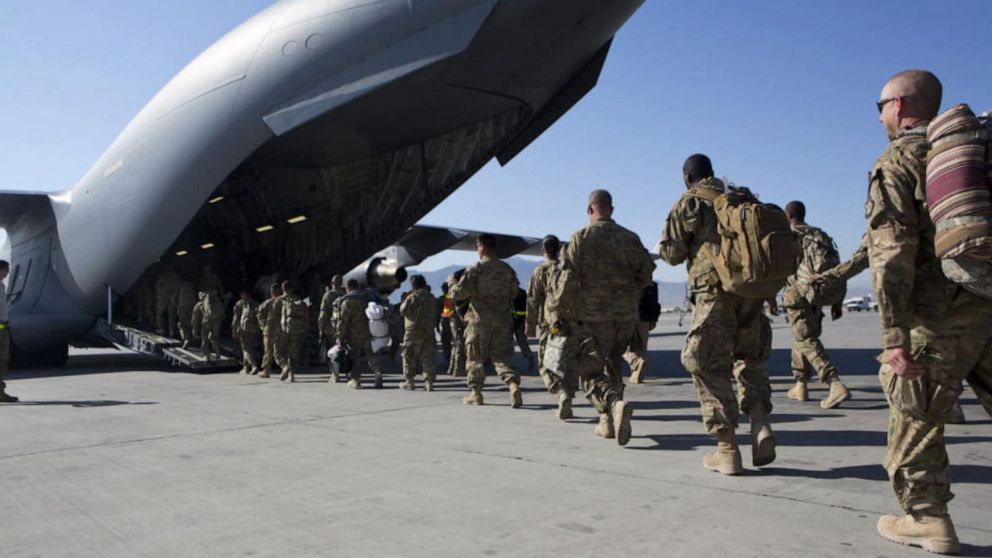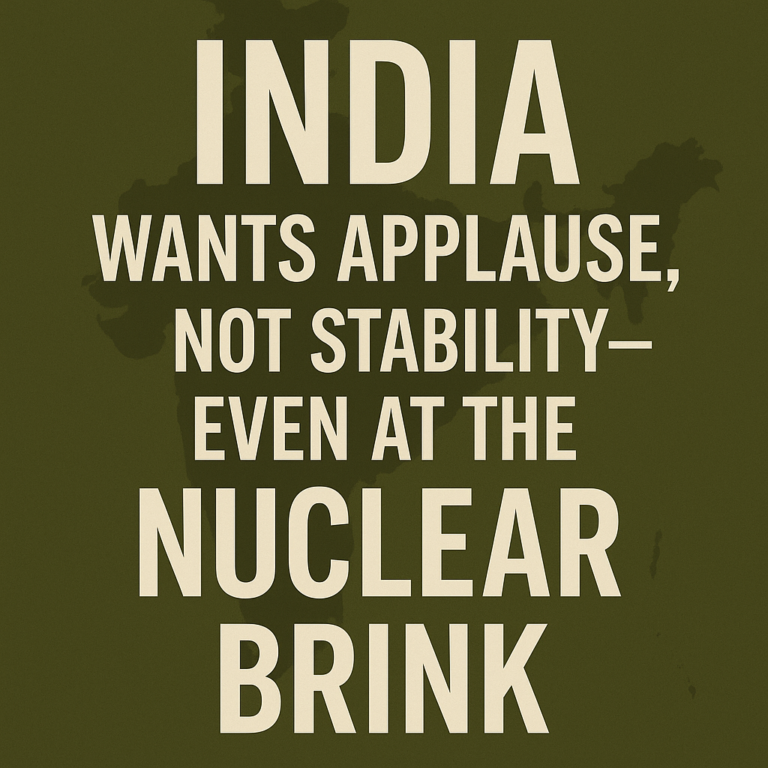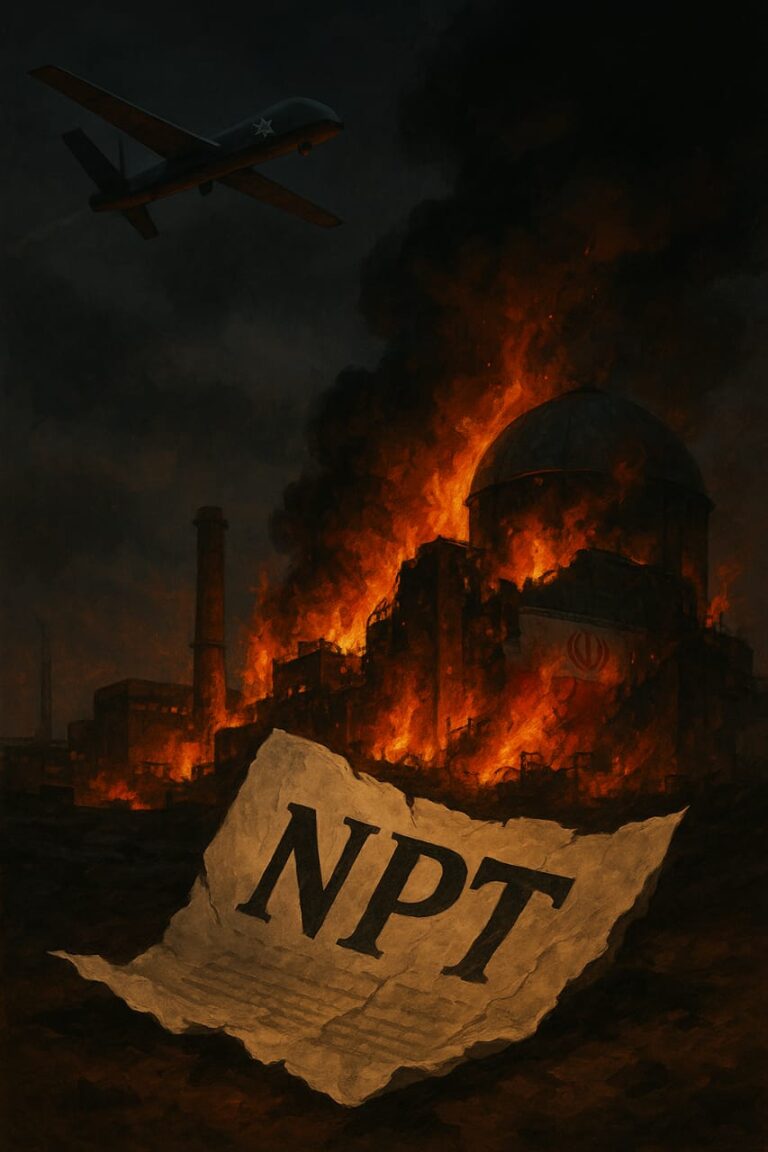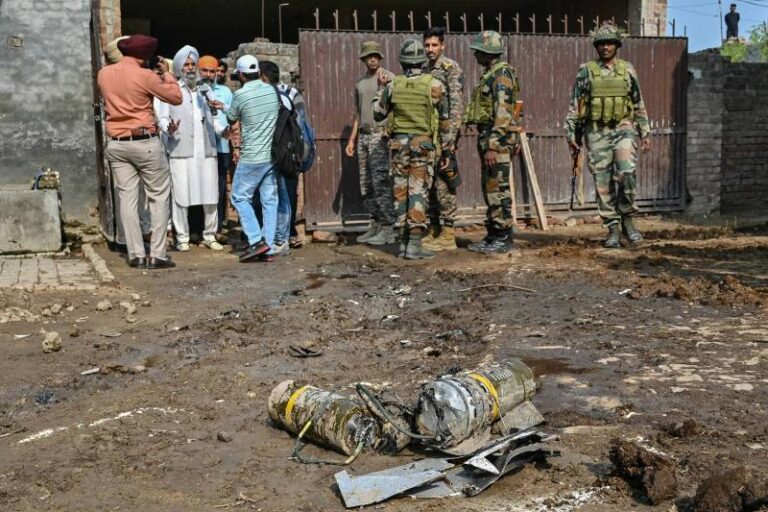
Source: ABCNews
Salma Malik
As the eventual date for the withdrawal of U.S. troops from Afghanistan is now just around the corner, the reality that this is finally happening is sinking in not only with the Afghans but the neighboring states as well. Most affected by this decision, after the Afghans would be Pakistan. Always the one to be made a scapegoat in anything going wrong with Afghanistan, yet again, Pakistan will not only be under a lot of pressure for Doing More for Afghan peace, but also for making sure that nothing goes wrong with the already horrifically flawed and fractured Afghan security framework. For some stakeholders within Pakistan, or outside, it implies Islamabad once again being in the driving seat, but in reality, this is the worst assumption ever, and any optimism nurtured is entirely misplaced. Yes, Pakistan was, is, and will remain central to Afghanistan’s security discourse, just as much (or rather more) is Afghanistan central to Pakistan’s security architecture. But Islamabad cannot play a role beyond its capacity in ensuring or maintaining peace in the neighboring state. Afghan peace must be conceived, articulated, handled and implemented by Afghans themselves, who take complete ownership, do not play sides and in case of pitfalls and failures, do not indulge in blame-gaming and scapegoating Pakistan as always.
A wishful thinking and a notion much easier stated, as not only can and will Pakistan not remain aloof to developments beyond its Western border, but this decades-old crossover of population, militant sanctuaries on both sides and a border that remains, despite the recent physical fencing and barriers, fluid at best, has made it difficult for either to de-hyphenate from one another. For those, especially sitting in Washington and demanding Pakistan to do-more, the question asked is, trillions of dollars investment, apparently the best of the best strategizing for the world’s first-class military to reform, rebuild, purge (off all evil) and democratize, and what have you to show to the world? Very little. Unfortunately, the biggest outcome of the peace deal at the end of nearly two long decades of conflict is firstly the high casualty count on all sides and secondly, the most comical, is legitimizing the Taliban! Ironic. Weren’t Taliban, one of the main reasons for the U.S. to enter and help their long-suffering Afghan friends? As the timeline draws closer, not only are the challenges snowballing for U.S.’ “friends” who occupy a very precarious position, mainly the incumbent Afghan government, which has the Afghan National Security Forces as its primary security parameter. Not to sound too critical, unfortunately, even at the peak of its professionalism, the ANSF is no match to the collective organization, firepower, lethality, and might of the Taliban or additionally, ISIS forces.
To be fair, attributing professionalism to the ANSF is a misnomer, as it is still very much a clan and tribe oriented set up, with high rate of desertions and shifting affiliations. The ANSF did carry out several independent operations against militants, under the U.S. security forces’ watch, however the results have been mixed. As stated earlier, even if it renders its best performance, ANSF is no match to the diverse layers of threats it is going to face when tasked independently for ensuring Afghanistan’s national security. This structural and organizational inability of the ANSF to militarily defeat its rivals, is a cause of grave concern, one that could have a direct bearing on Pakistan’s own security. Being no match to the militant forces on ground, the ANSF has desperately been pleading the Pentagon to maintain U.S. air support cover, which is the only edge it holds over their adversaries.
Also. at risk are the security sector personnel who have braved all odds and, despite the huge challenges they faced, tried to bring back their country to order. These include the law enforcers, members of the parliament, judiciary and grass root representatives. Women who have been brave enough to join these cadres as well as Afghan nationals working for the U.S., the ISAF and foreign elements are at a greater risk. The January 2021 killing of two female supreme court judges by insurgents, largely believed to be Taliban as per government’s perspective, reflects the volatility of the situation. The Afghan nationals working with the U.S. security forces are desperately seeking asylum and security guarantees, as they fear for their lives. Likewise, the last remaining members of the Hindu and the Sikh community are also seeking asylum in the U.S., as their future seems extremely insecure after the March 2020 siege and killings at one of the Kabul gurdwaras. Not only do such aspects show the inability and lack of confidence in the Afghan government and security forces to maintain peace, law and order post U.S. exit, it also shows that the decades-long presence of mighty Uncle Sam has done very little in terms of genuinely securing the Afghan population.
One must compliment the Afghans for standing resolute and brave in the face of all adversaries through these long decades, whether it be the Soviets, the civil war, Taliban and then U.S. “humanitarian” presence. When the U.S. readied its case to enter Afghanistan, one concern was ensuring and restoring Afghan women liberation and rights which were being violated under the Taliban regime. It is indeed heartening to see these iron women, some of whom are western educated, some rising from the grassroots, others carrying years of experience in advocacy and struggle for their homeland, casting a deep impact on the contemporary Afghan society through their soft yet extremely strong presence. However, today many of them appear despondent and equally worried not only about their future but their beloved country’s fate. It has certainly been a sign of encouragement, that even the Taliban included women representatives, even if for appearance’s sake only, when conversing with the international actors. The UNSCR 1325 and the national action plan for ensuring peace and security for women have ,so far, provided the necessary space for these brave women to contribute to the betterment of state and society. However, minus the conducive and favorable environment they enjoy under the western sponsored regimes, there are no future guarantees for the continued role of Afghan women or ensuring their personal security in Afghanistan. Would this mean yet another exodus of trained and skilled human capital from Afghanistan? One can only hope this does not.
The incumbent Afghan Ambassador to Pakistan, Najibullah Alikhel, in a bilateral forum, recently, spoke of enhanced trade, commerce and economic activity as being imperative to Afghanistan’s future sustenance and development, where Pakistan’s role and support is most needed and felt. However, the mistrust and disconnect remain, and most Afghan nationals choose to comfortably live in the past and blame Pakistan for all the ills that have befallen their country. As aptly stated by Fatima Gialani, a prominent member of Afghanistan’s negotiating team, only when Afghans take the responsibility of their failures, poor decisions, and troubles, will the country be able to stand on its feet. So long as the blame game continues and Afghans keep relying on foreign powers to resolve their internal strife and problems on their behalf, Afghanistan will continue to suffer.
Where the fast-approaching U.S. exit is a genuine cause of concern for the Afghans and many others, including Pakistan, the region, once again, is plunging into uncertainty and turmoil. It is also a moment of reckoning for Kabul to mature and, instead of playing politics of kinship and continuing with its rentier mindset, face and seek solutions to challenges that affect it. By no means is an easy task, but it the only way to prevent the country from slipping back into the dark ages.
Dr. Salma Malik is Assistant Professor in the Department of Defence & Strategic Studies at Quaid-i-Azam University, Islamabad.





